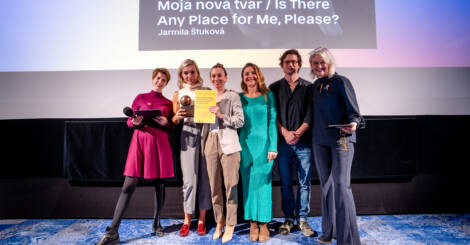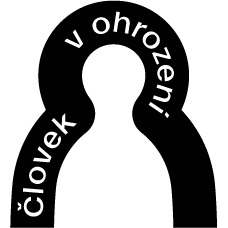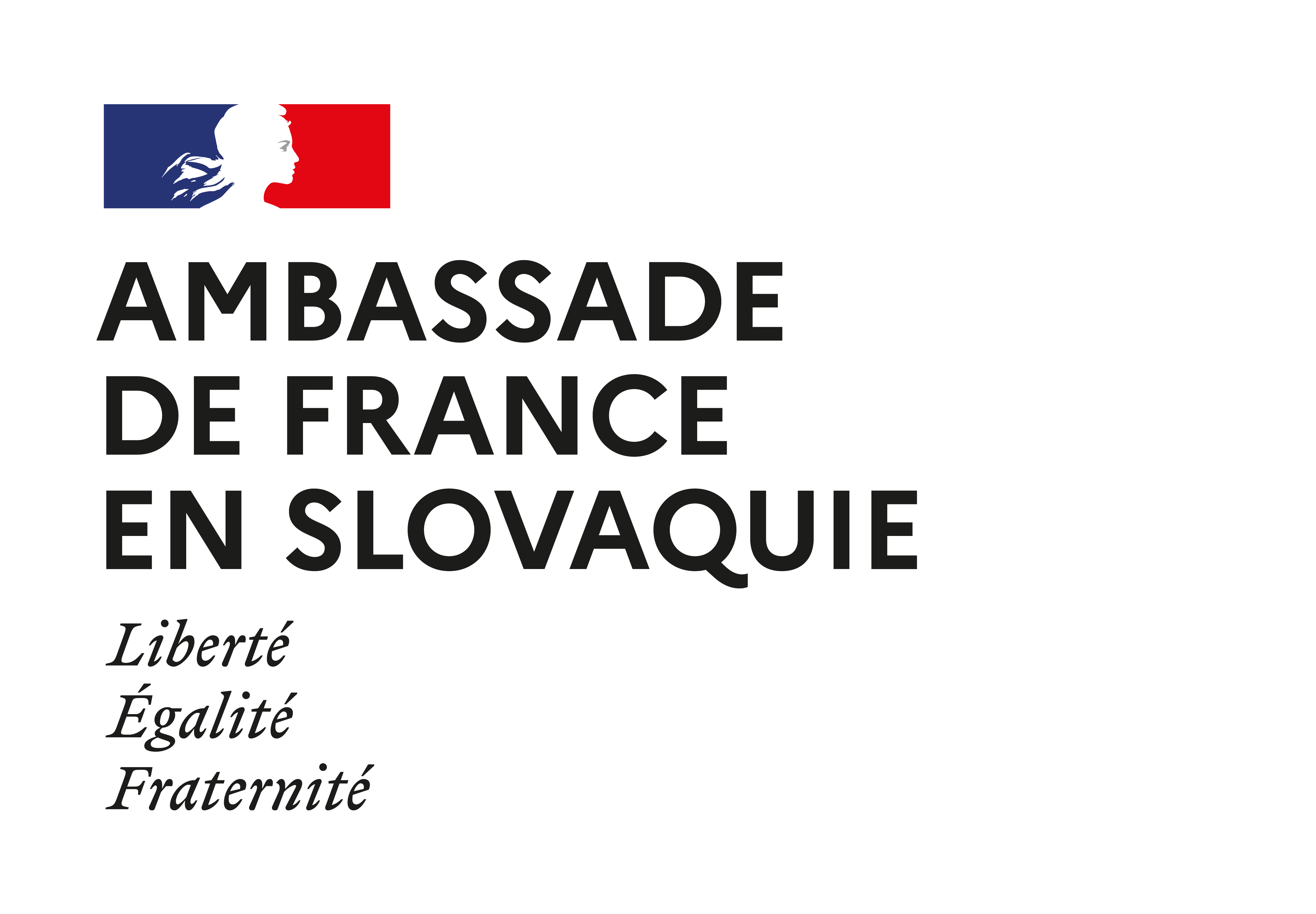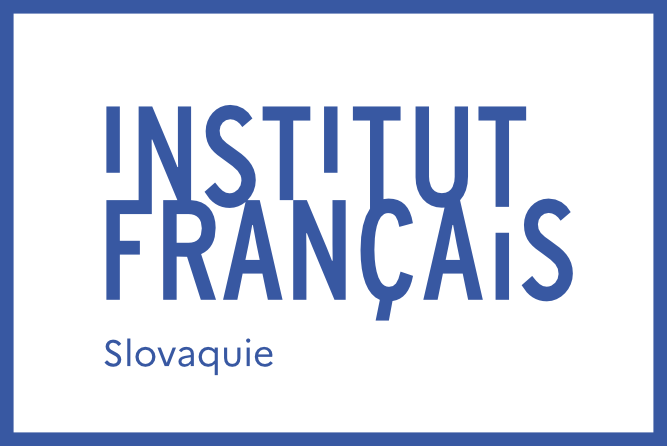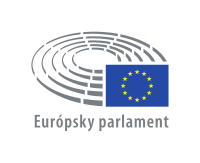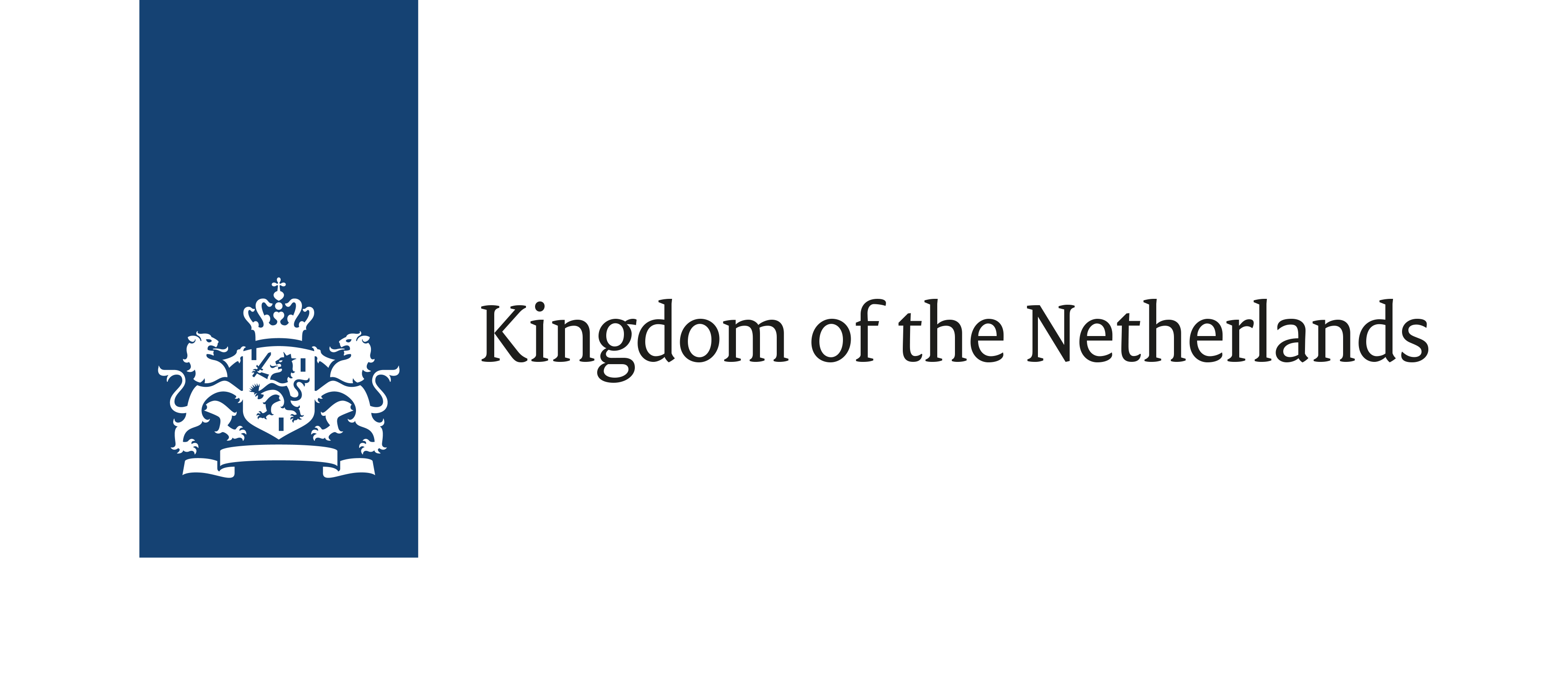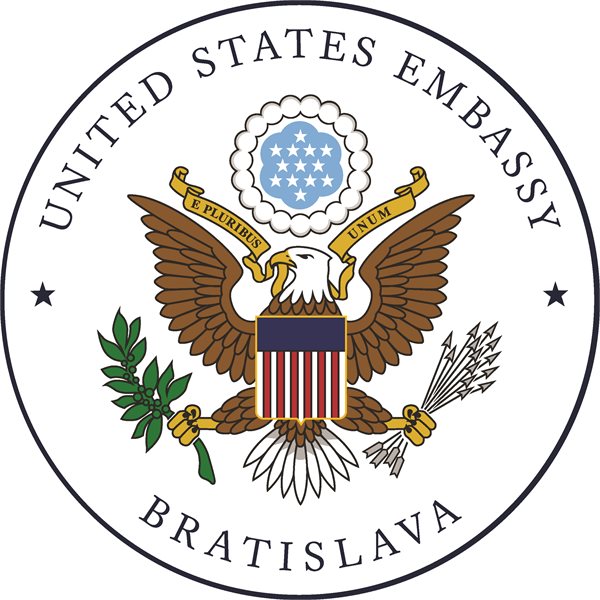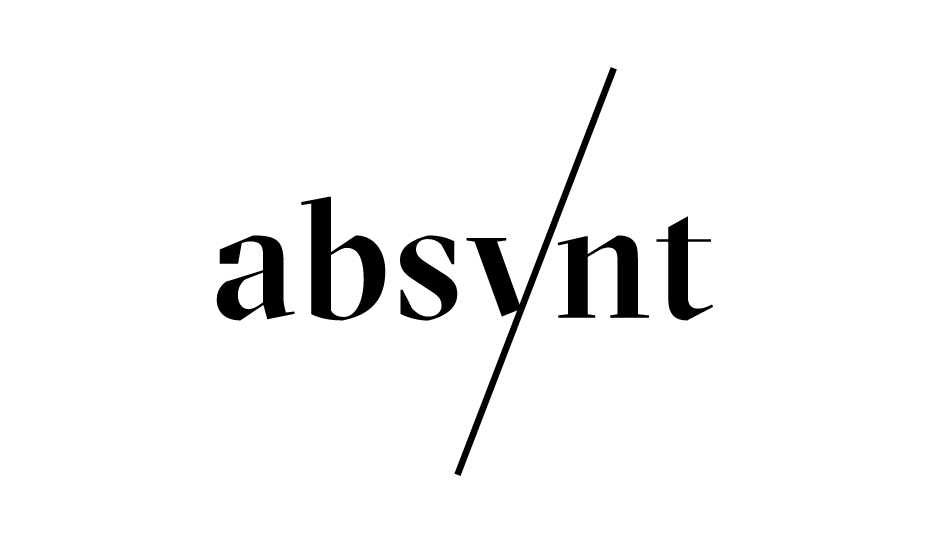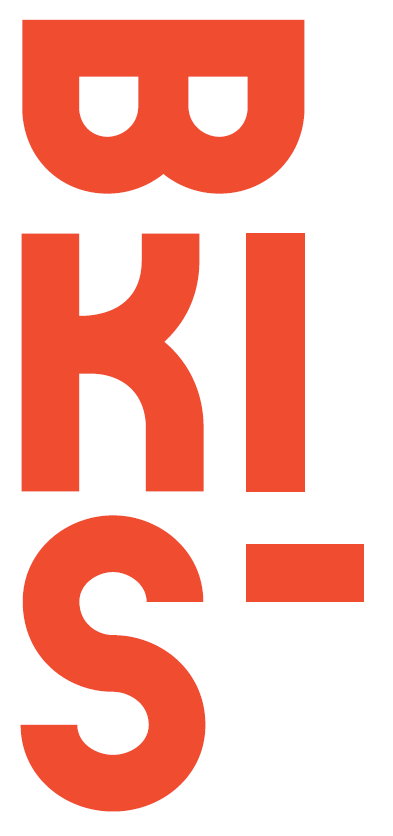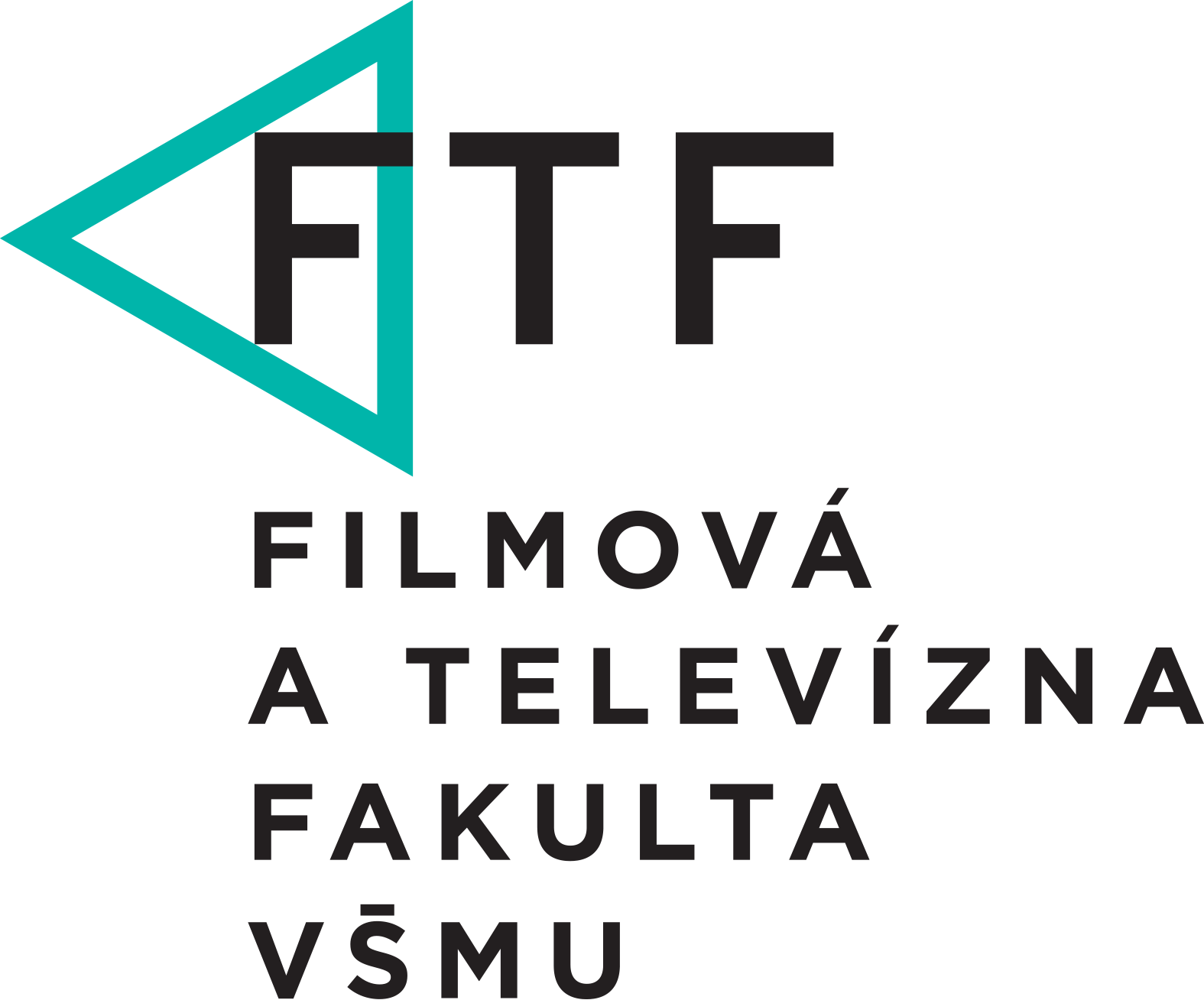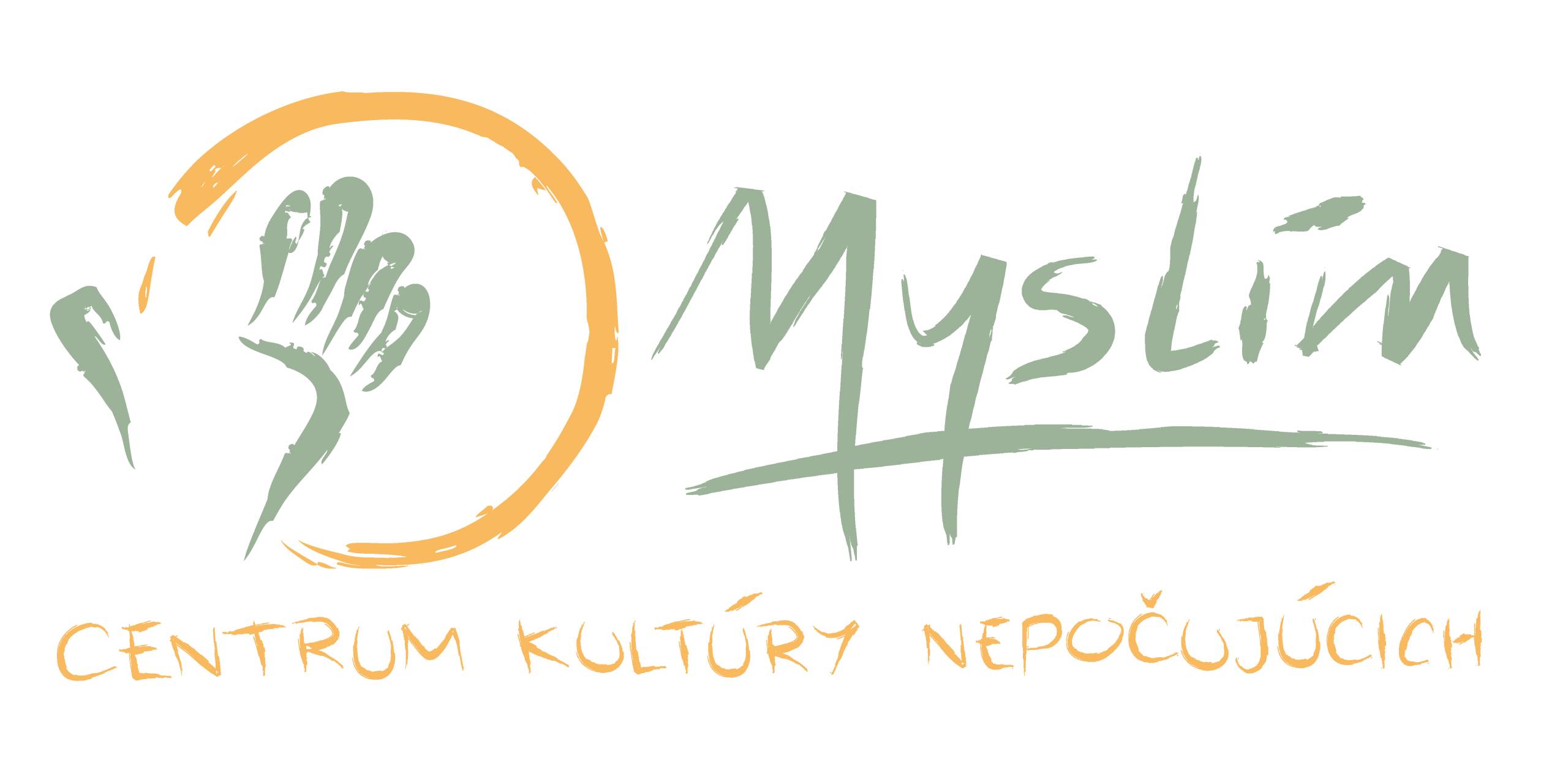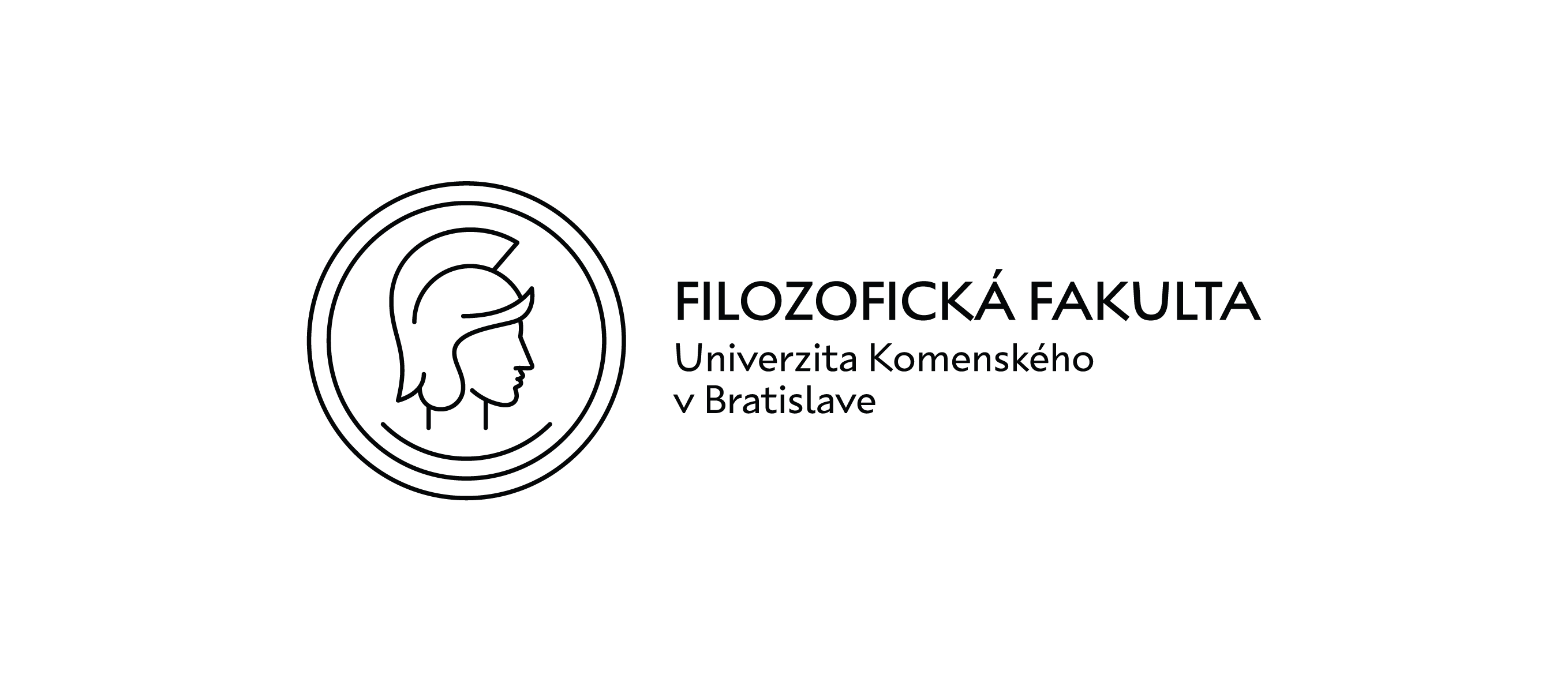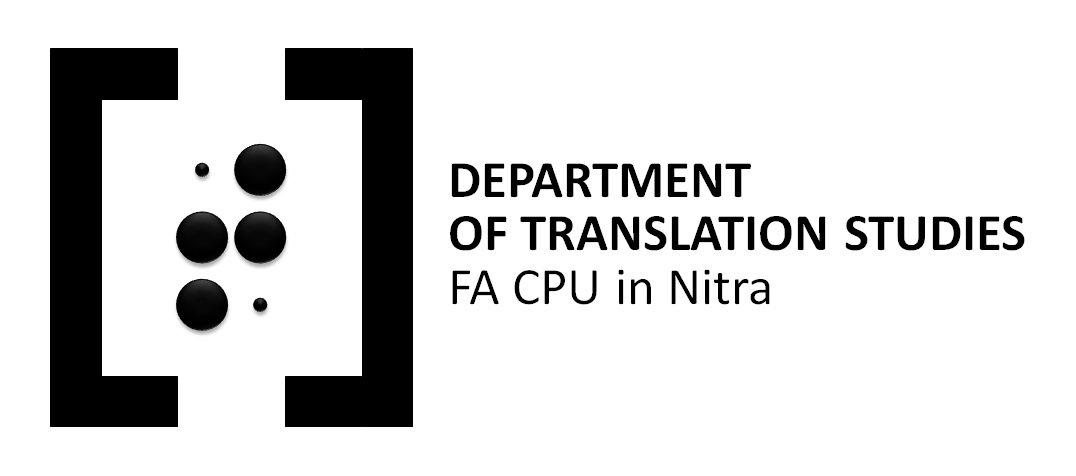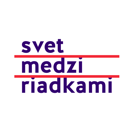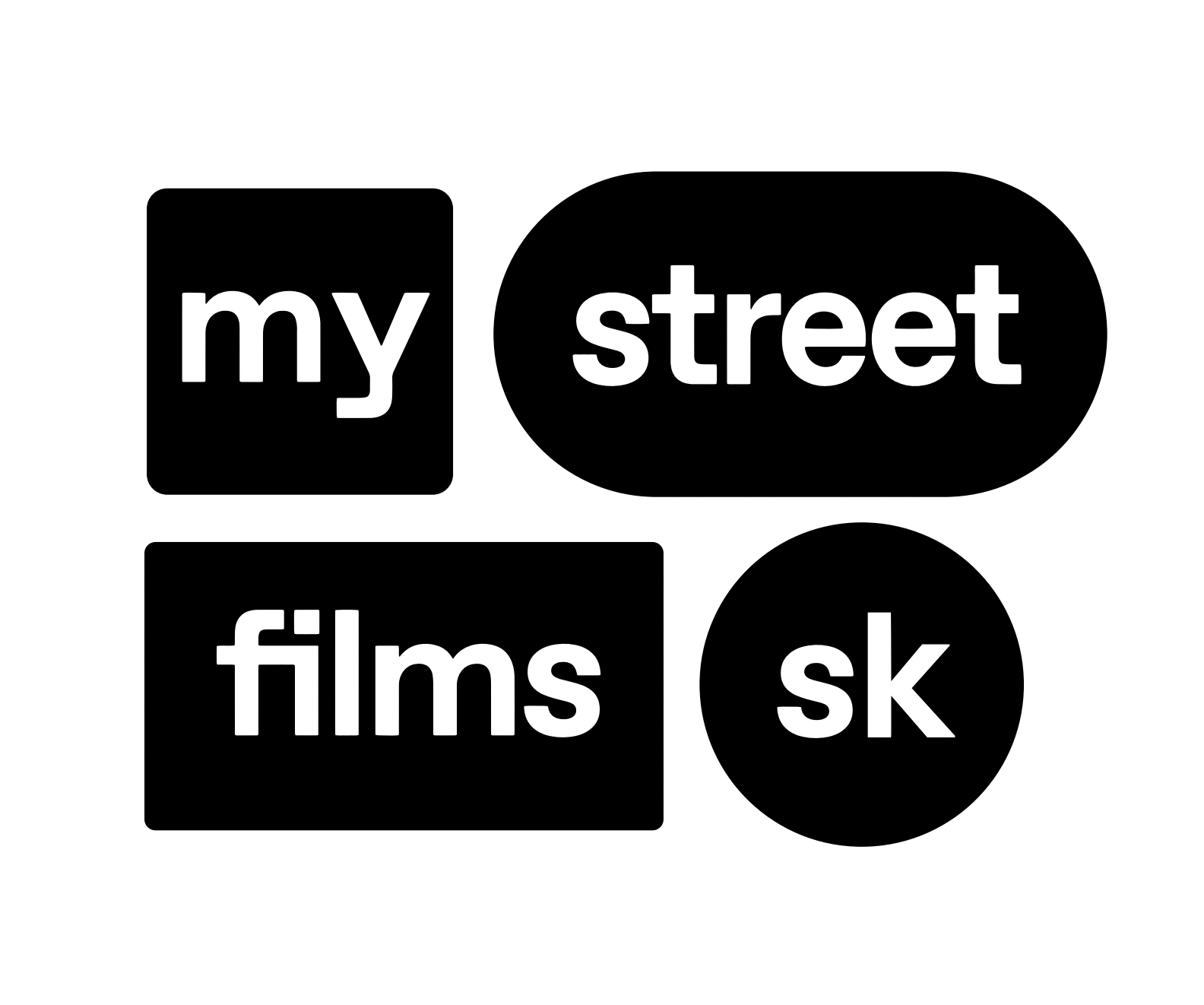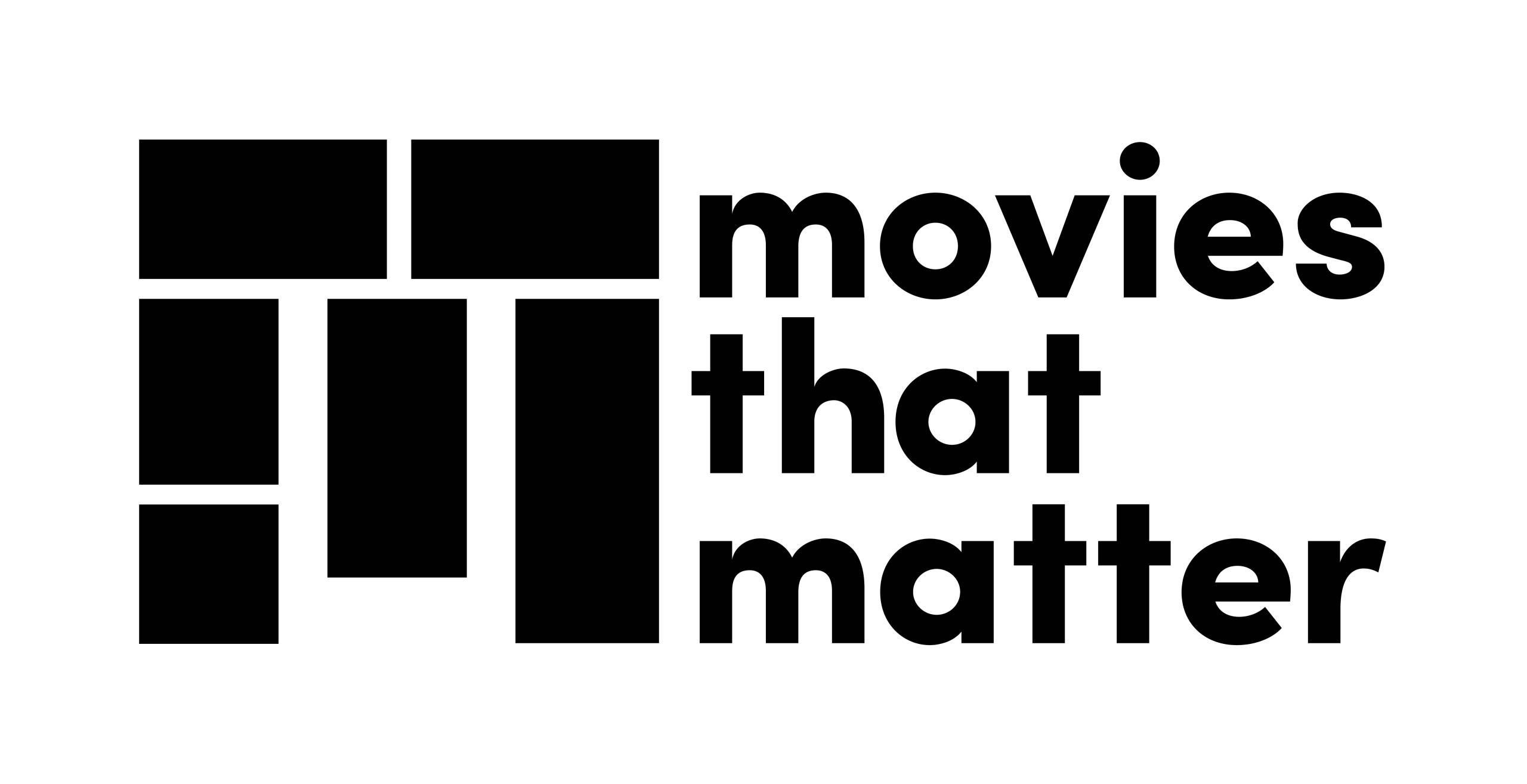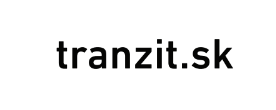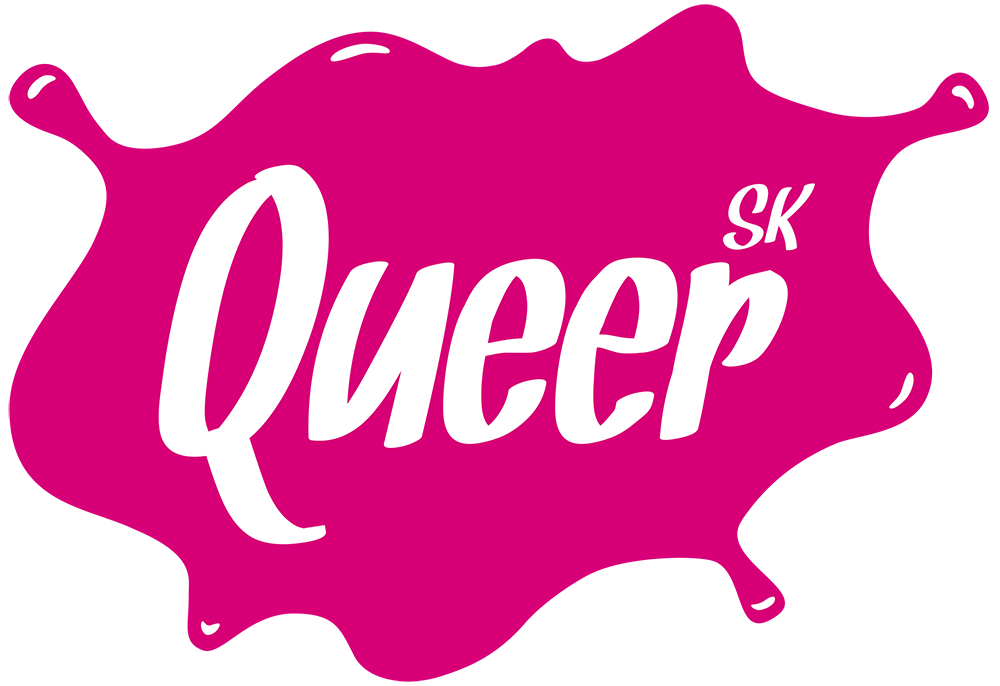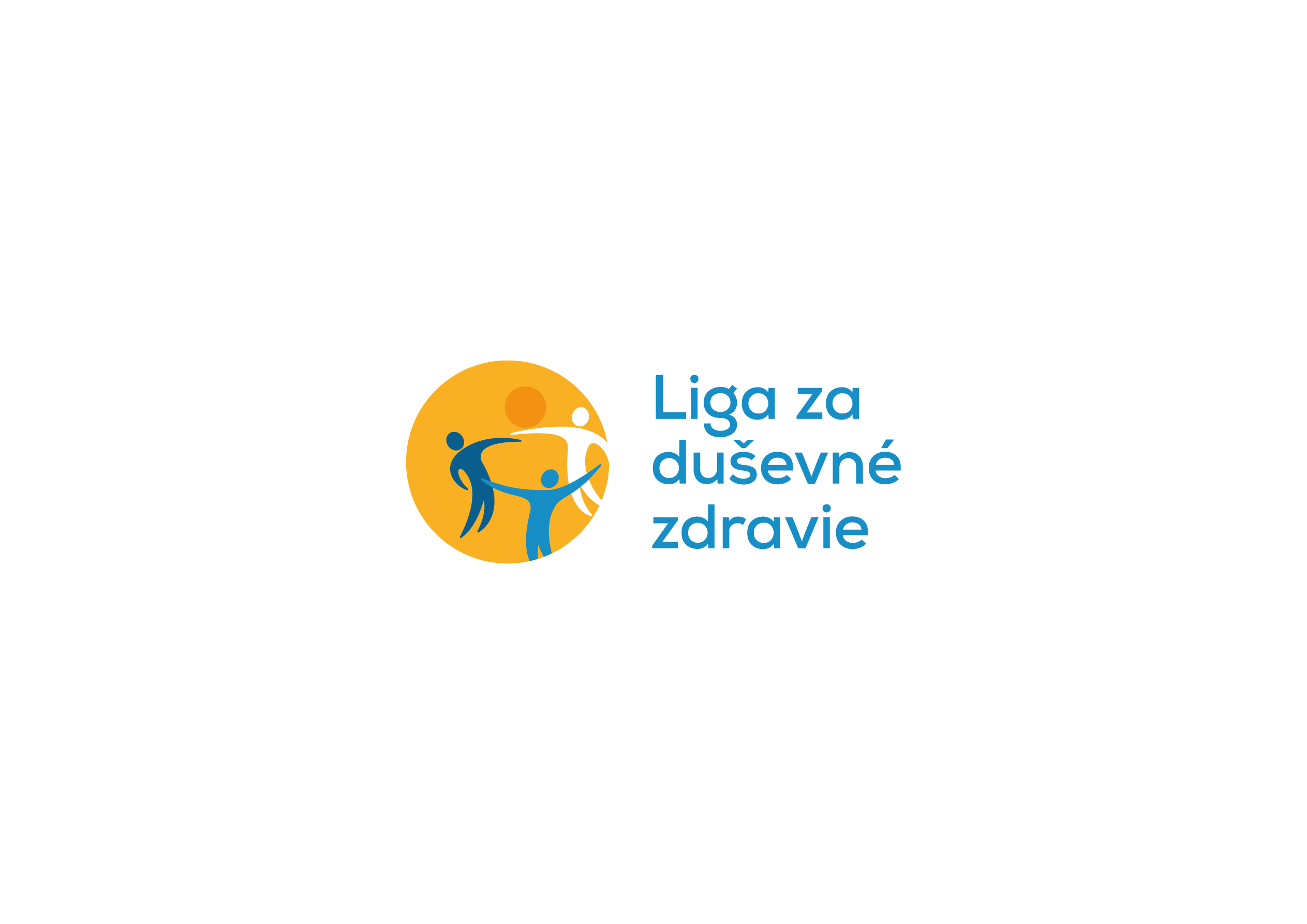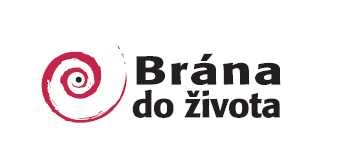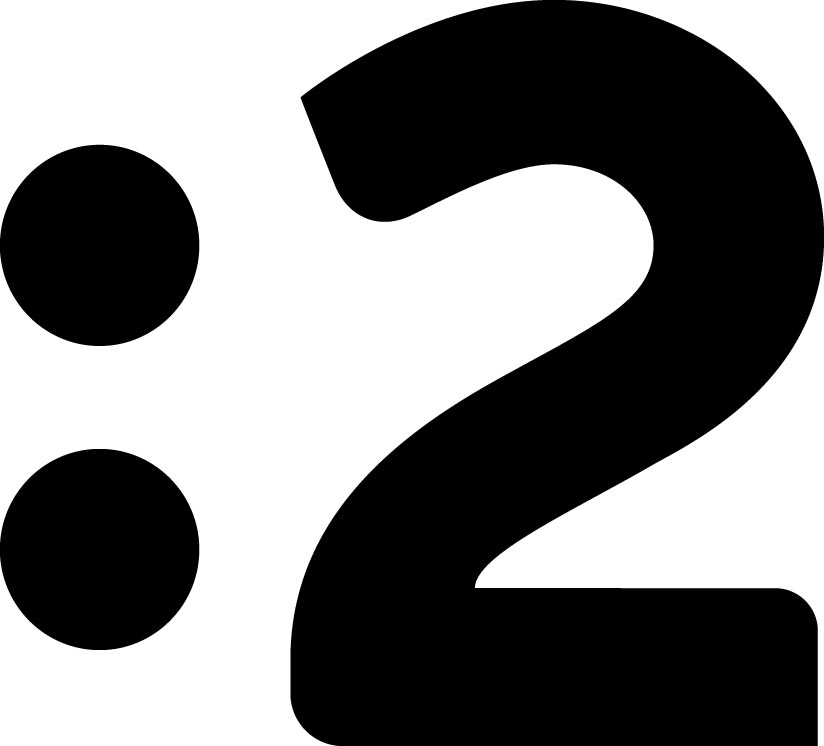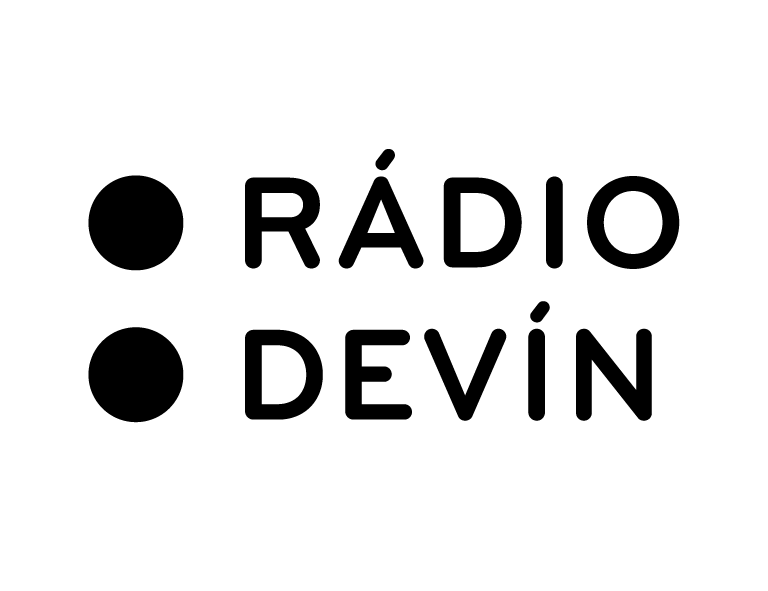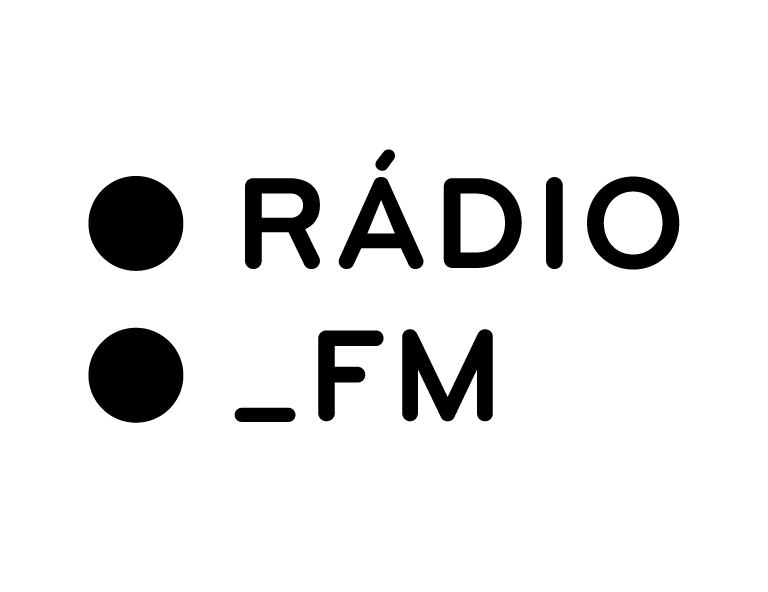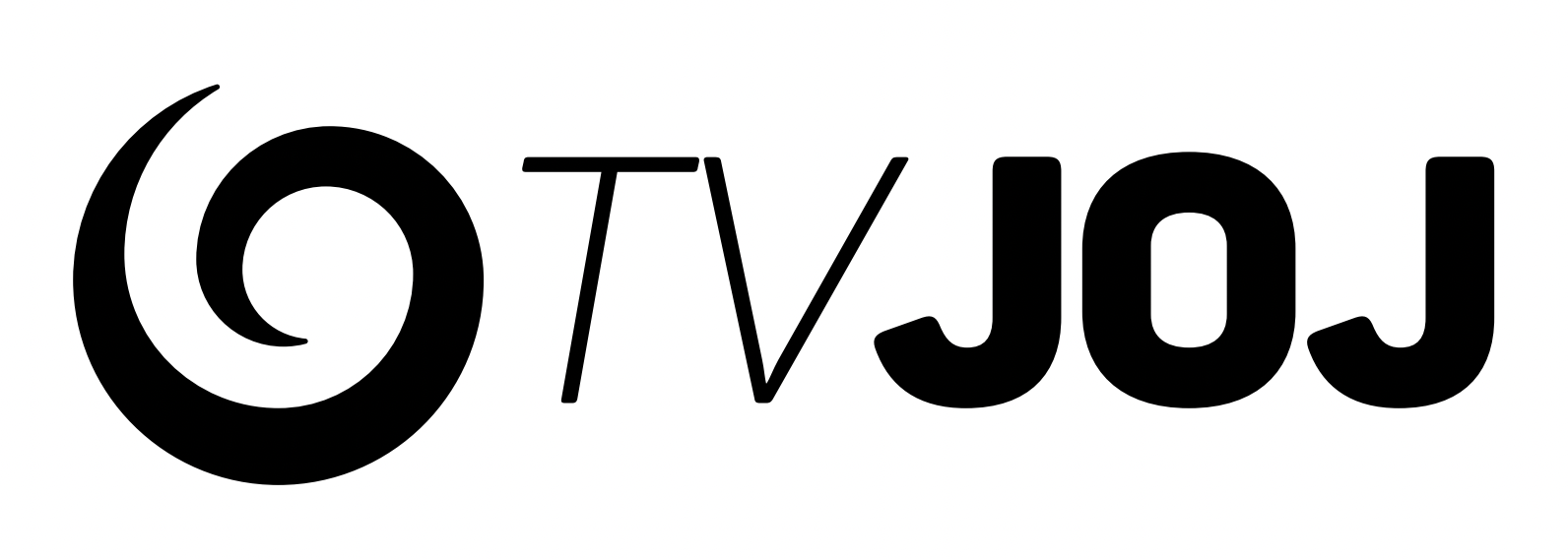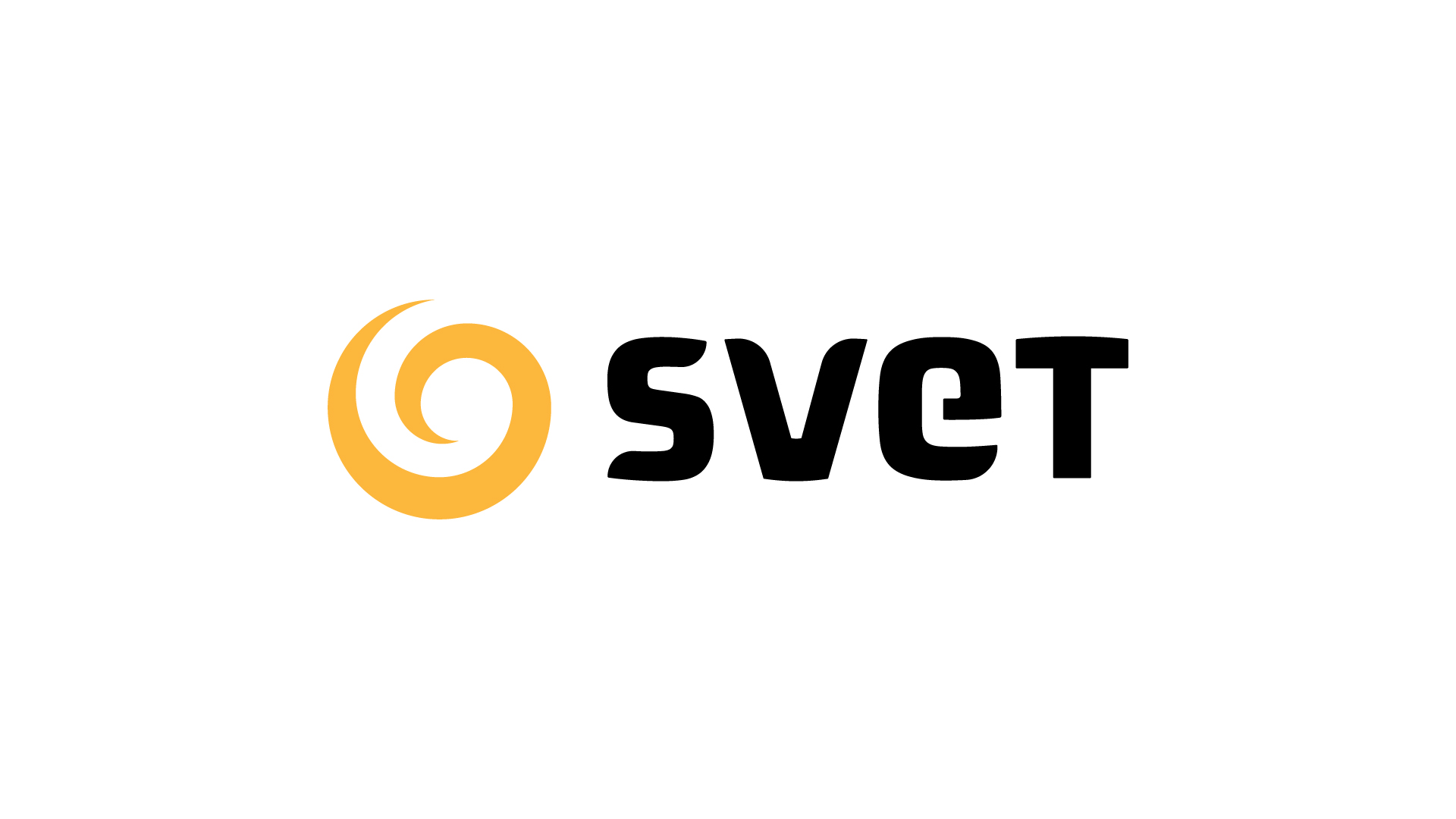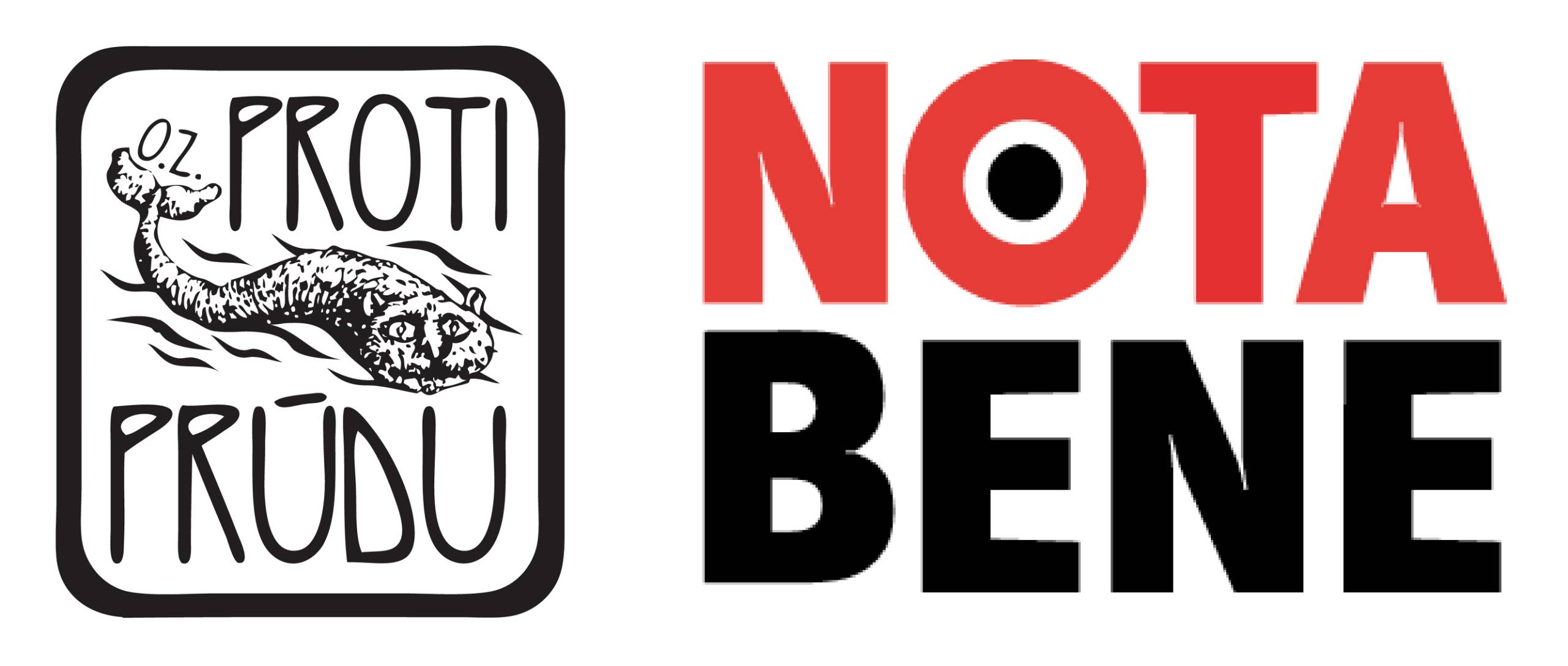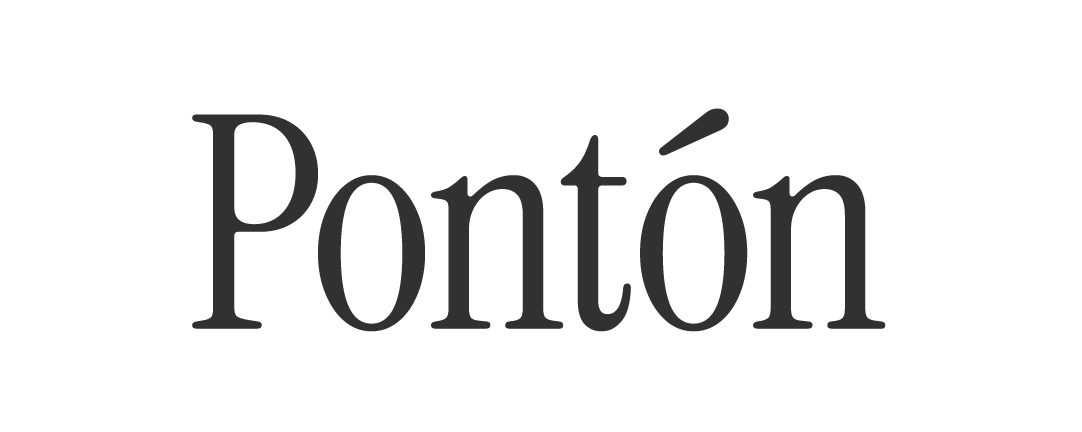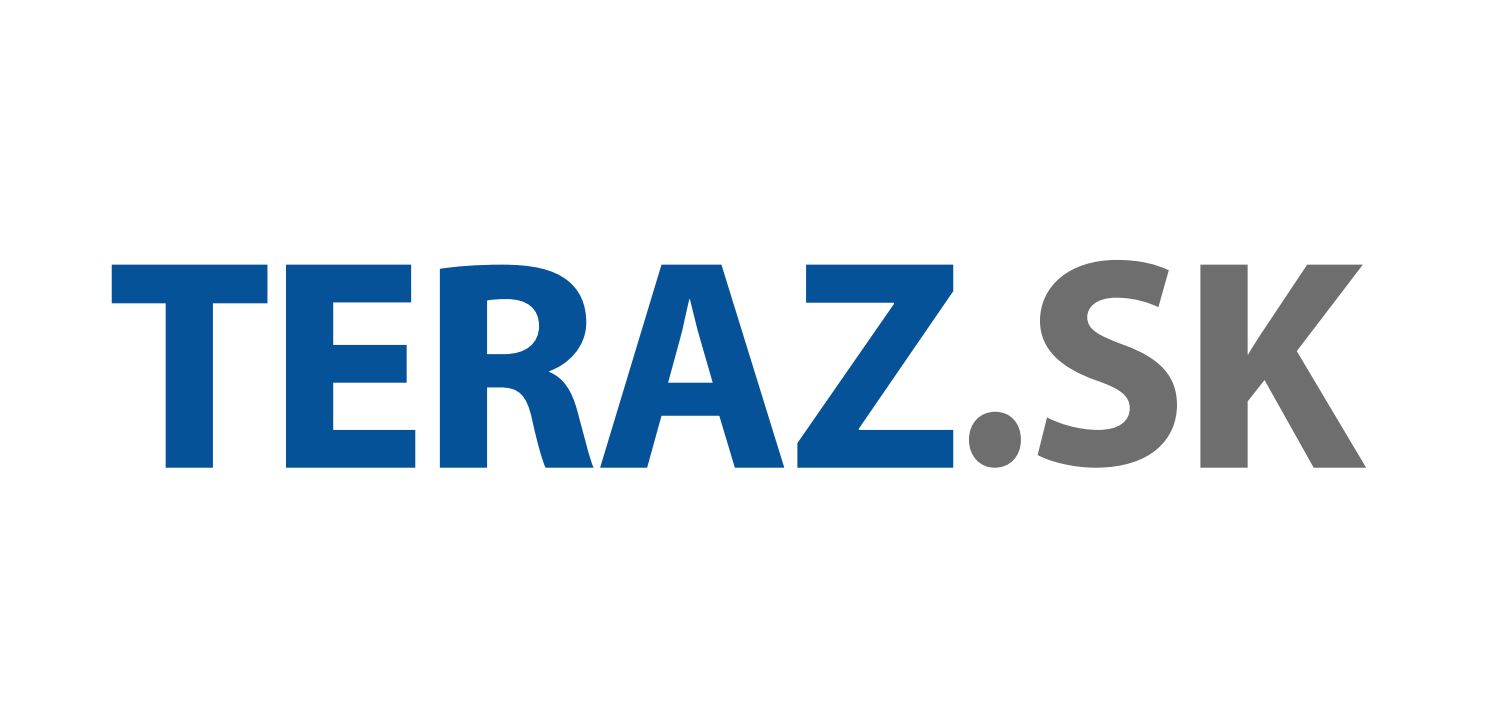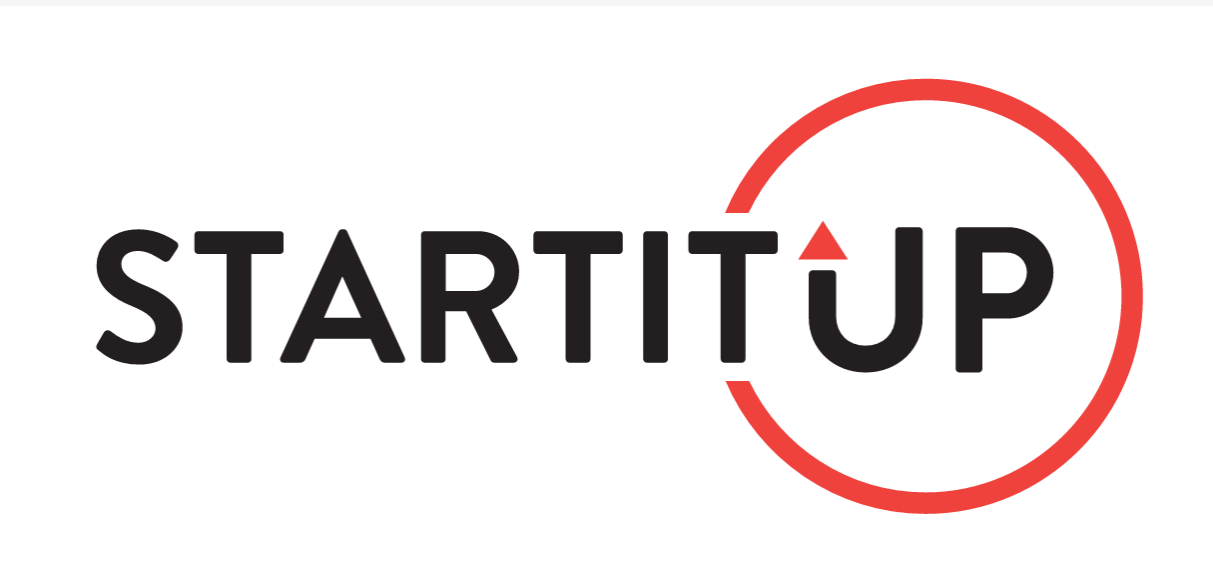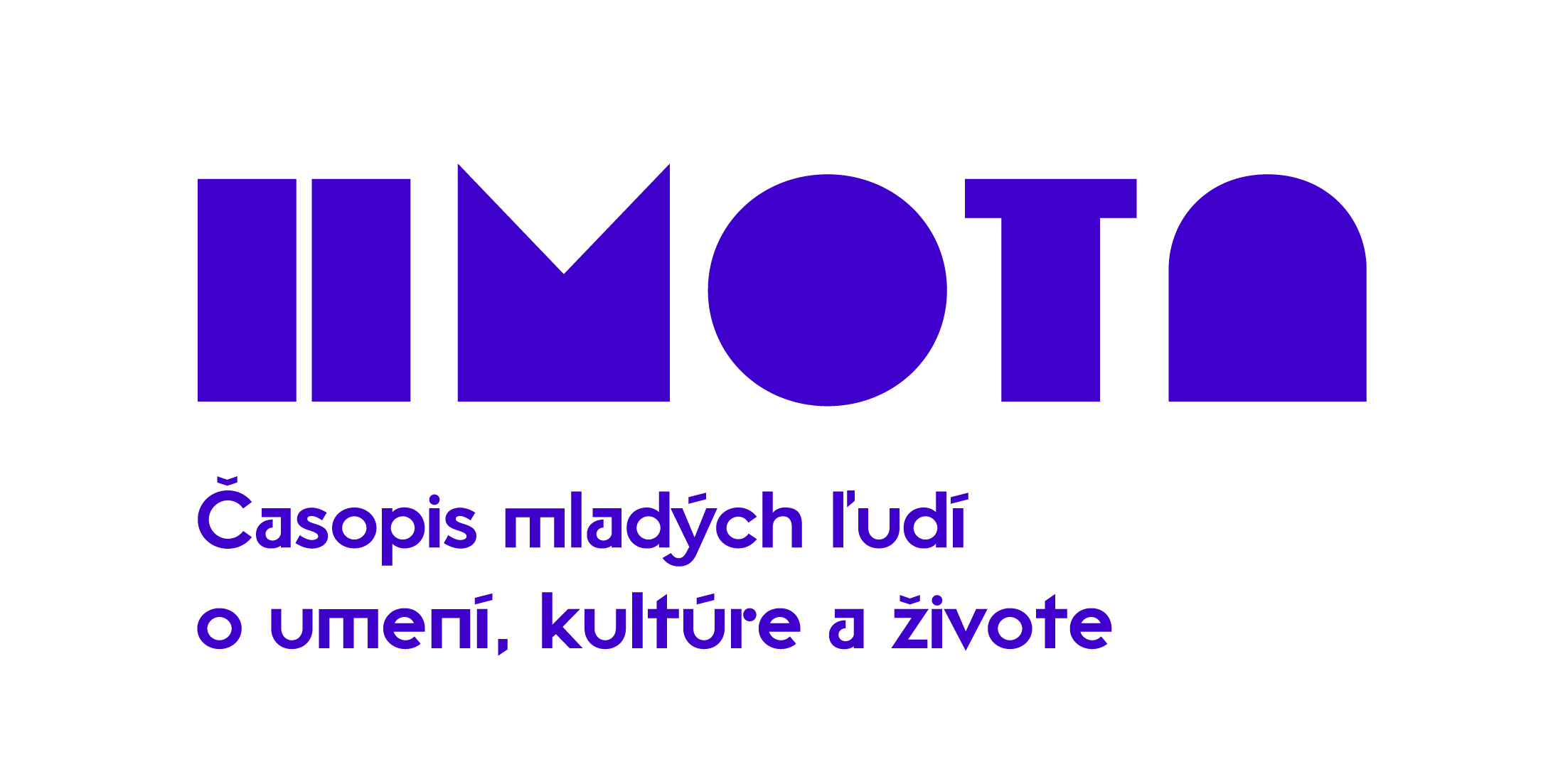More inclusive, longer, and with a new design: One World celebrated its 25th anniversary with big changes

The One World International Documentary Film Festival celebrated its 25th anniversary this year. On this occasion, after two years, it has returned to the renovated premises of Kino Lumière cinema in a much more inclusive form.
This year, for the first time, One World lasted ten days in the cinema (18–27 October) and then another week online (28 October–3 November). Since 2020, the festival has been cooperating with the DAFilms.sk website, on which it makes a part of its programme available online to audiences across Slovakia, including disadvantaged groups who do not have the opportunity to experience screenings of documentary films in cinemas. A change from the previous year was the shifting of the online offerings’ availability to the week after the live festival in Bratislava cinemas.
On its 25th anniversary, One World has introduced a new visual identity created by the renowned graphics studio Andrej & Andrej.
One World 2024 in numbers
10 festival days
47 films
2 blocks of short films
4 cinemas
12 films with captions for hearing impaired audiences
6 films with audio description for visually impaired audiences
4 special screenings – 2 for the homeless, 1 for Bratislava healthcare staff, 1 for clients of the Brána do života civic association
1 screening for children
2 screenings for parents with children
12 films available online
8 311 film views
1 142 accreditations
51 female and male volunteers involved
A more diverse film programme
This year, the organisers of One World decided to expand the programme team of people who select films for the festival. In cooperation with new experts, Natalia Christofoletti Barrenha (Brazil), Lerato Bokako (South Africa), Olivia Popp (Taiwan/USA), and Tereza Rozálie Koldová (Czech Republic) under the leadership of programme coordinator Katarína Gališinová we have managed to bring authentic film insights into local communities and hot topics from different continents. Selectors specialising in various world regions offered insight into local cinemas unique in context of European film festivals. It is thanks to them that titles bringing deep and truly critical insights into local impacts of global topics have been made part of the One World programme.

Inclusive approach has come to the forefront of the festival organization this year
“I plan to visit the festival again next year, and I definitely recommend that you do too. Thank you again to all creators of the audio descriptions. I really enjoyed watching the films thanks to your careful work. I would also like to thank all the organisers and volunteers. I will remember the festival for a long time thanks to you.”
Lucie Hanusová, blind viewer from Brno
The One World team has been systematically working for the past five years to make its portfolio more accessible, as well as to make inclusive approach in culture more visible and better known. This year, the festival reached for new tools and moved up a level in its approach to inclusion once again. The team’s goal is to create a cultural event where everyone can come to watch films and feel accepted, understood, and welcomed.
In 2024, One World made twelve films accessible with captions for people with hearing impairment and six films with audio descriptions for people with visual impairment. Discussions accompanying all films with captions were also interpreted into Slovak sign language to ensure a comprehensive festival experience for visitors with hearing impairment.

Visitors with hearing and visual impairments could also lean on specially trained volunteers on the premises of Kino Lumière, as well as on targeted communication provided with the help of partner organisations Myslím – centrum kultúry Nepočujúcich and Únia nevidiacich a slabozrakých Slovenska representing their communities.
Part of the programme could also be attended by the homeless (screening of the film Return to Life in the Domec community centre, screening of the film The World According to My Dad in the Depaul dormitory) and clients of the Brána do života crisis centre, which provides help in the field of gender-based violence.
For children, One World has prepared the Fest Anča section for the Children of One World in cooperation with the Fest Anča International Animation Festival for the second time.
Parents could choose from two screenings in the festival programme intended for them this year, during which they could have babies and small children with them in the cinema hall. Children over five were in the meanwhile taken care of in children’s workshops right next to the cinema hall.
Pricing also supports One World’s accessibility – the festival offers a discount on all ticket types to seniors, students, people with physical disabilities, single parents, as well as children and teenagers. Cinepasses for the online part of the programme could be purchased at three price levels from 3/20/30 euros without needing to show any ID.
A director from Afghanistan met blind viewers of his film for the first time at the One World Festival
One World welcomed more than twenty film guests this year. Among them, for example, Ilyas Yourish, the director of the internationally acclaimed Afghan film Kamay, who at One World experienced a screening with audio commentary for the first time. He then claimed it was the most powerful festival experience in his film career to date.


Locally unknown director of Slovak origin Matej Bobrík, who lives and works in Poland where he graduated from the legendary film school in Łódź, also visited Bratislava. At the festival, Matej Bobrík presented his film Distances about a Nepalese family living in Warsaw.
Polish director Maciek Hamela not only sat on the international jury of this year’s edition of One World but also presented in the Crowned with Laurels section his internationally awarded film In the Rearview, which premiered last year at the Cannes IFF. In the film, he documented his experience with the evacuation of people fleeing war from Ukraine.
Romanian-American producer Andrei Zinca came to personally introduce the film Who I Am Not and afterwards he discussed the film with the audience. He also delivered a lecture on the topic of campaigning for change in connection with his film as part of the Impact Days event.

He summed up his experience with the One World festival in the following lines:
“I am grateful to you for this wonderful experience. Not only does everyone on the team I met possess a radiant feminine energy (by which I mean genuine care, sensitivity, deep thoughts they wish to share with others, a special kind of warmth that makes everyone feel welcomed as if at home, and lots of love for your festival “child”), but the festival itself is a living proof that there is still hope for the future of the humanist spirit. I have only been here a week, but it already feels like leaving home.”
One World 2024 Winning Films
“Even though we would never allow ourselves to directly influence the international jury’s decision, it seems that this year they let themselves be taken by the inclusive spirit of the festival. Both winning films were shot by women and deal with powerful personal stories based on experience with disadvantages and overcoming barriers in society.”
Eva Križková, director of the One World festival
The jury this year consists of Catalan filmmaker, film critic and researcher Anna Petrus, Polish director and producer Maciek Hamela, and author of the winning film of last year, director Viera Čákanyová. In the Slovakia and Czechia for Human Rights competition section, eight Slovak and Czech films competed for the jury’s favour.
This year, the main prize from the international jury went to Czech director Jarmila Štuková for her film Is There Any Place for Me, Please? The protagonist of the film, Martina, had her whole world crash in an instant when her ex-boyfriend threw acid on her. In her new documentary, director Jarmila Štuková follows Martina as she builds her new identity and life.


The Slovak film Grey Zone by the director Daniela Meressa Rusnoková received two honours – Special Recognition of the jury and the DAFILMS.SK AWARD. The film gives an intimate testimony about premature babies who come into the world in the so-called grey zone as extremely underdeveloped. The film gradually reveals the serious problems faced by Slovak families and especially mothers with premature babies, single parents, and other vulnerable groups.

For the second year in a row at One World, the jury of the At Second Sight section, composed of students of the Film and Television Faculty of the Academy of Performing Arts, also awarded a prize. This year, they awarded their prize for a formally innovative approach to the subject matter to the Argentinian-Austrian film The Klezmer Project.
Two films received the audience award this year – Who I Am Not about intersex people in South Africa, and Silent Trees about the Polish-Belarusian border region.



This year, the One World festival also presented a special REPowerEU Award for the best Campaign for Change, which was created as part of the Imapact Days accompanying event. The event’s aim is to support artists in creating works that will bring about positive changes in society. The REPowerEU Award went to the film World of Walls by director Lucia Kašová. The campaign for change associated with the film resonates strongly with the urgent challenges presented by the climate crisis and society’s apathy toward future generations. Set in an unspecified country devastated by natural disasters, the film highlights the alarming disparity between a privileged elite living in secure, luxurious neighbourhoods and the rest of the population struggling with scarce resources.
Accompanying programme
After-film discussions are traditionally an equally important part of One World festival programme. This year, there were as many as 18 and they explored current social topics. Whether in discussions directly with filmmakers or with experts on the depicted topics, the emphasis remained on inclusion in production. Representatives of the community most affected by each topic were always invited to participate in the discussions. The production of the discussion programme sought to give minorities as strong a voice as possible.
This year’s Focus film section centred on films with LGBTI+ themes, which is why the accompanying programme was created in close cooperation with the civic association Inakosť and the student queer society Light+. Members of the queer community were engaged in production, hosting, and discussions. A similar approach was chosen for other sensitive topics that resonate in society, such as the wars in Ukraine and in Palestine. Thanks to these efforts, participation of viewers from these communities has increased.

In addition to the discussions, the accompanying programme of One World also included a wide range of other activities, such as a concert by the Pressburger Klezmer Band, a guided walk along the Danube organised in cooperation with WWF Slovakia, a Ballroom workshop, even an immersive performance to accompany the film Nice Ladies by the Ukrainian group Horovod.

Festival visibility
184 media outputs
5 press releases
22 media partners
107 Facebook posts
114 Instagram posts and 330 stories
2 paid ad impressions
From One World DM Followers:
“Hi, One World. I want to tell you that your content is amazing, I love it, and it is simply the best on the scene. You need to keep going.”

Impact Days 2024
The One World industry programme has also undergone a fundamental change this year. It originally focused on film professionals, but it has now expanded to include the entirety of the art world and it lasted five days.
Impact Days kicked off with two panel discussions:
Discussion Audiovision without Barriers IV: Dream vs. Reality in Slovak Theatres and Cinemas is a traditional part of the One World format. Every year, One World’s accessibility coordinator Emíla Perez and her guests from Slovakia and from around the world frame the state of accessibility of Slovak culture in the current global context.
Discussion How Do Documentary Filmmakers Strike? marked the beginning of One World’s partnership with the Association of Slovak Documentary Film, which should become a stable part of the industry programme in the future.
While the first days of the programme focused on theory and discussions, they were followed by a three-day Impact Days workshop led by lecturers Eva Pavlovičová and Alexandra Suchal. A total of 74 people participated in the Impact Days programme over three days.
Impact Days in numbers
4 lectures
2 case studies of campaigns for change
5 campaigns for change developed for works of art
1 networking event
1 public presentation of projects
5 awards
Participating projects
In total, eight projects signed up for the Impact Days programme, with experts selecting five of them:
- Campaign for change by the documentary film Animals of the East from the production company Admiral Films, directed by Andrej Kolenčík and Anna Durišíková.
- Campaign for change by the community festival Ľudskosť, which is organized by various local initiatives in the city of Zvolen.
- Campaign for change by the documentary film Ako počúvať fontány from the production company Ninja Films, directed by Eva Sajanová.
- Campaign for change by the documentary film World of Walls from the production company Guča Films, directed by Lucia Kašová.
- Campaign for change by the documentary film Company of Steel by producer Katarína Krnáčová and her company SilverArt.
Public project awards
Several projects received valuable prizes at the Impact Days workshop. The community Festival Ľudskosť from Zvolen received a paid campaign from Donio.sk, a podcast series from the company ZNELO gave an award to the documentary Ako počúvať fontány, and the project for change by the documentary film Company of Steel won a consultation with the workshop lecturers Eva Pavlovičová and Alexandra Suchal. The Imapact Days Best Project title went to the campaign for change by the documentary film Animals of the East, which received a financial reward of 1 000 euros. The REPOWEREU Award went to the campaign for change by the documentary World of Walls.

Prizes for the projects were decided by an expert jury of representatives of the non-profit sector, state administration, and media: Anna Makarová, Barbara Gindlová, Jana Močková, Zuzana Suchová, and Linda Zuzčáková.
Experts at Impact Days
The Impact Days workshop was attended by 27 experts from various fields, representatives of international and national organisations, politics, state administration, local government, non-profit sector, donors, art world: Patrik Pavlovský, Roman Havlíček, Gabriela Kubíková, Miroslav Kačmárik, Zuzana Stanová, Michal Wiezik, Martina Kedrová, Zuzana Labášová, Zuzana Fialová, Lenka Vestenická, Barbora Žišková, Klaudia Šútorová, Maria Kadlecová, Hugo Raýman, Ivana Kohútková, Kasia Portorz, Lýdia Grešáková, Martin Zaiček, Peter Balík, Michal Biznár, Julia Milanová, Margje de Koning, Barbara Gindlová, Anna Makarová, Linda Zuzčáková, Jana Močková, Zuzana Suchová.
One World in Schools
The One World International Documentary Film Festival prepared a programme for schools across Slovakia once again this year. Pupils were able to enjoy carefully selected films online as well as follow-up live-streamed discussions with interesting guests with expertise in topics depicted in the films. The films were presented with their original audio and colour-coded captions in Slovak. Select discussions were interpreted into Slovak sign language.
One World in Schools in numbers
3 documentary films
5 discussions
2 941 pupils watched films in all regions of Slovakia
53 cities and municipalities
77 schools
93 teachers
Teachers at primary and secondary schools could choose from three documentary films addressing topics that resonate with society and young people.
The Mind Game documentary film opened the topic of unaccompanied minor refugees, European asylum policy, and the impact of the demanding integration process on young people’s mental health. Dominika Nagyová, head of the Department of the Support for People with Foreign Background of Bratislava City Hall, came to discuss the film.
Another body, a documentary film about the consequences of human misuse of artificial intelligence technology for digital harassment of women and girls, opened a discussion with guest Dominika Čupková, an interdisciplinary designer. The discussion focused on deepfake technology and careful feminist and intersectional approach to the use of artificial intelligence and its impact on the rights of women and marginalized groups.
The trio was completed by the documentary film Sister of Mine, an intimate story of a family dealing with their daughter’s drug use. Dominika Jašeková, director of civic association Odysseus, answered student questions about what drugs are, the causes and effects of their use in connection with mental health and family background, and introduced the harm reduction approach, which seeks to reduce the risks associated with drug use.
Students and teachers could use the online tool Slido to send in their questions in real time to each discussion broadcasted live to schools from around Slovakia from the BREPT podcast studio in Bratislava, and the guests did their best to provide informative, sensitive, and truthful answers.
What did teachers think of One World in Schools’ film selection?
I definitely recommend it. I have myself learned very interesting things; I thought the entire system worked differently. You will learn the truth about things that are not talked about. – Stredná odborná škola elektrotechnická in Gbely
School screenings organised by the 1 World festival are a great tool for setting the mood before discussing a specific topic – the films themselves are of high quality and the subsequent discussions always include experts. High praise and thank you very much! – anonymous
Thanks to this film, as a school psychologist, I managed to get deeper with a hard-to-reach group of pupils. The film had a great atmosphere, so it played on emotions. – anonymous
We care about people and the environment
One World takes care to run the event in an environmentally friendly manner. The programme includes films addressing environmental challenges and the climate crisis, accompanied by related events. The Festival team strives as much as possible to ensure that all advertising and marketing products meet the standards of environmentally friendly production and sustainable consumption.
After consulting its audience, One World has not produced any gift or promotional items in three years.
We encourage our international guests to travel by train, and many respond positively and with understanding, choosing rail for their journey.
Cinepass plastic accreditation cards are transferable to future years.
One World brings together those who want to contribute to a more resilient and inclusive society
The large number of organisations, institutions, academic departments, movements, and individuals involved make the One World festival unique. It allows them to participate in the preparation and implementation of the festival, whether financially, through in-kind donations, by providing information, or by contributing to the programme and content of the festival. It is important to emphasise the common interest of the partners to be part of a wider movement involved in solving social and human-rights challenges in Slovakia and in the world.
This unique characteristic, which emphasises ethical fundraising and cooperation, is a long-term interest for not only the festival but also for the main organiser – non-profit organisation People in Peril.
Thank you to our partners
18 partners supported the festival financially
22 media partners communicated about the festival
More than 30 partners participated in the organisation
0 partners significantly harm the environment, violate human or animal rights, or deprive people of their dignity
Organisers



